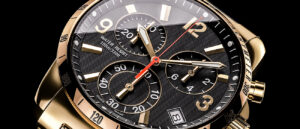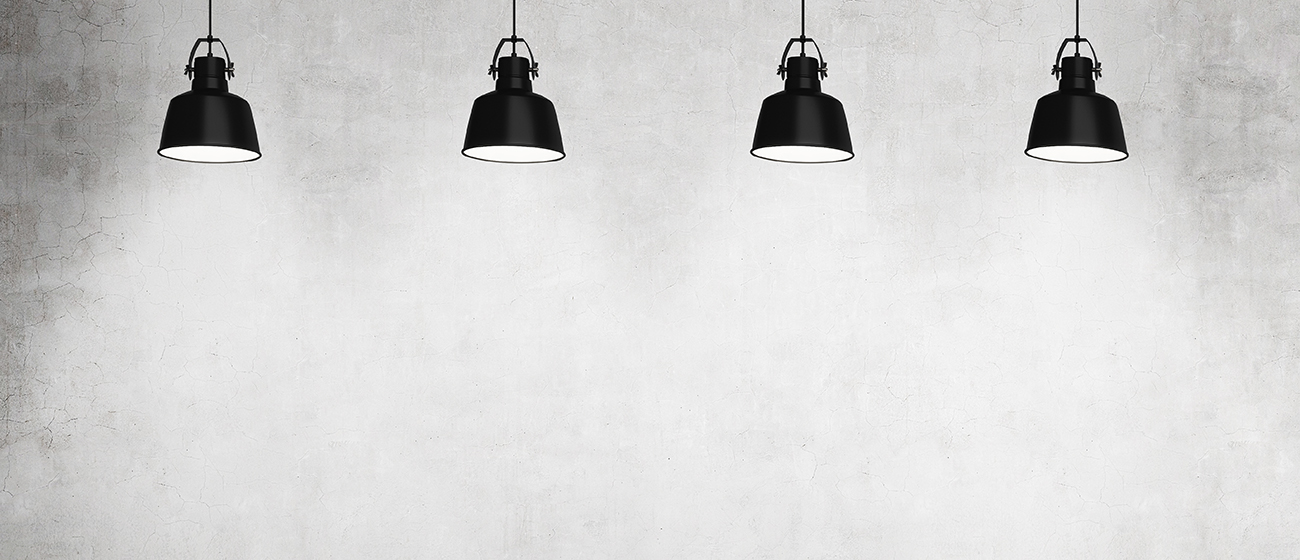It’s a finite resource and should be considered in everything we do…
Time should be gifted, used productively and never taken for granted.

Early in my career I remember visiting a client – a very serious banker, in a very grand room, on a very high floor in Canary Wharf. It was in the early noughties.
The office was impressive, he was impressive and I remember asking at the very beginning, as I often do, “how much time do you have for this meeting?” His response, I remember to this day, was: “I never have enough time.”
Three hours later I left having secured a large three-day, off-site event for his entire London office accompanied by some colleagues from the US. The event ended up being a huge success and I remember one of the speakers flying in for the day on concord (for the younger readers this was a supersonic jet that could get you from New York to London in less than three hours – an embodiment of time being worth more than money).
That was one of our first clients, and now as this year marks our 21st anniversary in business (with appropriate celebrations to match) it is hard not to get slightly nostalgic.
But with this journey into the past, comes reflection and a realisation that the one thing that has been a common thread within all our events and experiences throughout the years is ‘time’…
The gift of time
Firstly, the value of time to attendees. When designing the customer experience we are all guilty of trying to ‘pack too much in’. Pare it back. Give people time.
The most influential people at your event are likely to be the ones that are the most time-poor. They will appreciate downtime to juggle their workload and, if given this gift, will inevitably be more focused in the sessions that they do attend.
It could be argued that by giving attendees more free time, you’re losing out on your own time to get your messages across. However, this can be remedied easily by finding ways of spreading the messaging ‘beyond the ballroom’. Perhaps with a gallery-style approach to the lunch and coffee breaks where guests can mingle with the messages? Or look at what can be done pre-event or during the transfers?
One event where we demonstrated the proven benefits of downtime to our client, was their 250-year anniversary. As you can imagine, there was a lot to be said after that long in business, but when we looked at the seniority and profile of the guest list we soon realised that respite was needed.
And so we collaborated on the idea of ‘what would you do if you had the luxury of time?’ The result being an optional cinema experience which allowed guests the choice of either catching up on calls or emails or to relax and switch-off doing something they probably haven’t done for years – indulge in a trip to the cinema on a weekday afternoon.
Guests raved about the experience. And more importantly everyone was on top form and fully refreshed for a full attendance at the evening celebrations – the element that was deemed most important by the founding family that were hosting the event.
Time is money
Time is also, for most of us in the events industry, our commodity – and ensuring we use it wisely is important for all stakeholders.
And so we need to consider how we use our professional charge-out time wisely, making sure to really understand our clients’ brands, their people, their strategy and experience goals to maximise efficiencies. By listening to our clients so that we can save them time delivering the right solutions for their people and their customers.
But this time distribution and valuing the commodity also applies to the sharing of our knowledge and learnings across different teams and resources and by valuing time to give back, whether that’s mentoring or considering how we as an industry can make a difference in preserving our world.
Time is precious
And finally, time is a rare thing – a finite resource. None of us know how much time we have, so use it wisely and learn something new to grow and develop every day.
The same could be said for my Canary Wharf client. Because sadly, a few years later, it turned out that the client was right – they didn’t have enough time. Their bank was the first victim of the 2008 financial crisis, of which they didn’t survive.
And so I leave you with this…
Time. Spend it wisely.
Author: Russell Allen

Russell is the Founder and CEO of Crescendo. His creative experiences span decades working in theatre and film, travel and DMC industries and team development.
As a keen rower Russell knows all too well that a split second can make all the difference to the end result!

